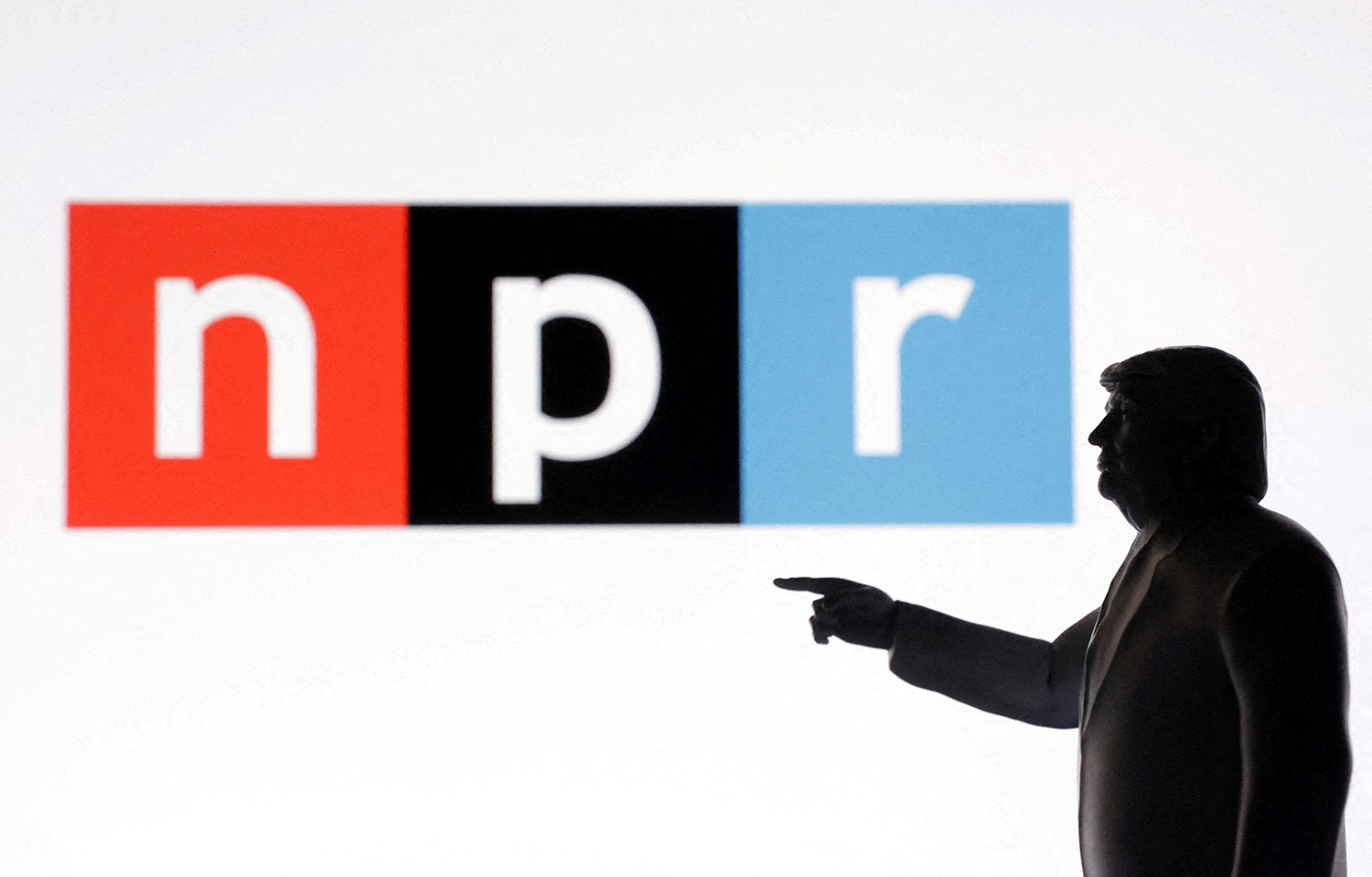An anti-abortion group of self-proclaimed citizen journalists secretly videotaped Planned Parenthood after creating false identities and a fake company to infiltrate restricted areas. The group argued that their undercover reporting project was protected by the First Amendment, but a federal appellate court affirmed that no journalist is above the law.
The project, “Human Capital,” was released in 2015 by the nonprofit anti-abortion group Center for Medical Progress, (CMP), and includes various documentary-like videos accusing Planned Parenthood clinics in California of selling aborted fetal tissue.
The videos of Planned Parenthood affiliates were taken at multiple conferences, lunches and even health clinics with hidden cameras by CMP members between 2013 and 2015. Video forensic experts from research firm Fusion GPS reviewed the videos and found that they were heavily edited. The experts noted that because of this, the videos “lacked credibility as journalistic products,” according to a lawsuit filed by Planned Parenthood in 2016.
In 2020, a California federal district court found CMP and some of its affiliates liable for fraud, trespass, breach of contracts, conspiracy, unlawful and fraudulent business practices, violations of civil RICO and violations of various federal and state wiretapping laws. A jury ordered the activists to pay $2.4 million in damages to Planned Parenthood and also granted the nonprofit sexual health care organization limited injunctive relief to bar CMP from infiltrating its operations in the future.
CMP appealed the ruling, citing First Amendment protections of the press.The United States Court of Appeals for the Ninth Circuit upheld each of the lower court’s findings Oct. 21, but vacated charges under the Federal Wiretap Act which lowered Planned Parenthood’s damages award by $90,000.
“Invoking journalism and the First Amendment does not shield individuals from liability for violations of laws applicable to all members of society,” wrote Circuit Judge Ronald Gould for the unanimous three-judge panel. “Appellants have no special license to break laws of general applicability in pursuit of a headline.”
Long-time anti-abortion activist and CMP President David Daleiden, along with CMP members Sandra Susan Merritt, Troy Newman, Brianna Baxter, Albin Rhomberg and Gerardo Adrian Lopez were defendants in the case. Daleiden, Merritt, Baxter and Lopez engaged in undercover recording after the group signed confidentiality agreements at various conferences that specifically barred recording.
Planned Parenthood claimed in their initial lawsuit that the only goal of CMP’s reporting was “to demonize Planned Parenthood, harass and intimidate its dedicated staff, and interrupt its operations, all with the ultimate goal of interfering with women’s access to legal abortion,” according to the suit, filed in the U.S. District Court for the Northern District of California.
The videos in “Human Capital” made claims that Planned Parenthood had violated federal law by selling aborted fetal tissue for profit. The videos were created with spliced audio and video from the activists’ undercover recording.
One video focused on a secretly recorded interaction with Dr. Mary Gatter, then-medical director of Planned Parenthood Pasadena and San Gabriel Valley. The edited audio suggested that Dr. Gatter was profiting off of tissue donation by including a joke that she “want[s] a Lamborghini,” according to the complaint. Dr. Gatter had stated that Planned Parenthood was “not in this for the money,” and that they must follow the government regulations and forms, without modifying them in any way. But according to the complaint, CMP cut these statements out of its widely shared videos.
The videos included in the undercover project were found to be highly edited and were discredited by experts, but did result in a multi-state and federal investigation into Planned Parenthood’s practices. Thirteen states found that Planned Parenthood did not engage in any wrongdoing, eight did not investigate due to a lack of evidence, and two congressional investigations found no evidence that Planned Parenthood had violated any laws, according to a Planned Parenthood fact sheet.
To gain access to the conferences, lunches and clinics, the defendants created a fake tissue procurement company, BioMax Procurement Services, LLC, fake driver’s licenses, fake business cards and went by pseudonyms in hopes to document incriminating evidence about Planned Parenthood affiliates.
While CMP alleged that Planned Parenthood’s fetal tissue procurement was for profit, it actually donates the tissue, according to Planned Parenthood’s complaint, which is “entirely legal and plays a vital role in medical research.” The incurred expenses of tissue donation include transportation and storage costs which were later reimbursed to Planned Parenthood. But after the release of CMP’s project, Planned Parenthood changed its policy and no longer accepted reimbursement to “further counter CMP’s campaign,” according to the fact sheet.
“Virtually every person in the United States has benefitted from research that relies on fetal tissue,” the complaint stated. “Vaccines for polio, hepatitis, rubella, chicken pox, shingles, rabies, and an experimental vaccine for Ebola, have been developed through research involving fetal tissue.”
Members of CMP were represented by attorney Peter Breen and the Thomas More Society, a law firm “dedicated to the pro-life movement from conception until natural death,” according to its website.
Breen described the Ninth Circuit’s decision as “extremely troubling” regarding its possible effect on undercover journalism.
Breen said the crux of CMP’s defense is the 1992 Food Lion v. ABC case. In Food Lion, two ABC producers gained employment at Food Lion grocery stores in North and South Carolina due to allegations of unsanitary food handling. During their employment, the producers filmed non-public areas in the stores, and later aired the footage on “PrimeTime Live.”
The U.S. Court of Appeals for the Fourth Circuit ruled that the ABC producers were liable for both trespass and breach of the duty of loyalty. Food Lion was awarded $1 for trespass and $1 for breach of loyalty from the producers.
Notably, the Fourth Circuit stated that the press is not exempt from generally applicable laws. Breen says the decision has, “for the most part, governed the undercover journalism space for the last 30 years.”
“What they [CMP] did was not even as extensive as what the ABC reporters did in the Food Lion case,” he said. Breen added that the question of whether CMP is composed of journalists or not is unimportant, because “the work they did is exactly the work you would expect of a journalist,” he said.
Dale Maharidge, professor at Columbia University Graduate School of Journalism who signed onto an amicus brief on behalf of Planned Parenthood, said that no working journalist from any organization would create fake companies, file false reports with the government or make fake licenses.
Judge Gould stated that “We express no view on whether Appellants’ actions here were legitimate journalism or a smear campaign because even accepting Appellants’ framing, the First Amendment does not prevent the award of the challenged damages,” according to the decision.
Maharidge said the journalism profession is not an “exclusive club,” but actual journalists do not break the law. Anyone who calls themself a journalist is bound by moral and legal obligations, he said.
“The District Court and the jury were right to reject Appellants’ assertion that they merely used routine investigatory journalism techniques,” the amicus brief from journalists and journalism scholars stated. “Accepting that assertion would both ignore reality, and insult an honorable and necessary profession.”
Judge Gould noted that “our decision does not impose a new burden on journalists or undercover investigations using lawful means.”
CMP filed a motion to extend the time to file a petition for a panel rehearing and panel rehearing en banc Oct. 26, which was granted by the court. The deadline for all petitions was extended to Dec. 5.
“Journalism and investigative reporting have long served a critical role in our society,” wrote Judge Gould. “But journalism and investigative reporting do not require illegal conduct. In affirming Planned Parenthood’s compensatory damages from Appellants’ First Amendment challenge, we simply reaffirm the established principle that the pursuit of journalism does not give a license to break laws of general applicability.”
PLANNED PARENTHOOD V. CENTER FOR MEDICAL PROGRESS FILED JAN. 14, 2016
U.S. COURT OF APPEALS FOR THE NINTH CIRCUIT DECISION FILED OCT. 21, 2022
Tags




